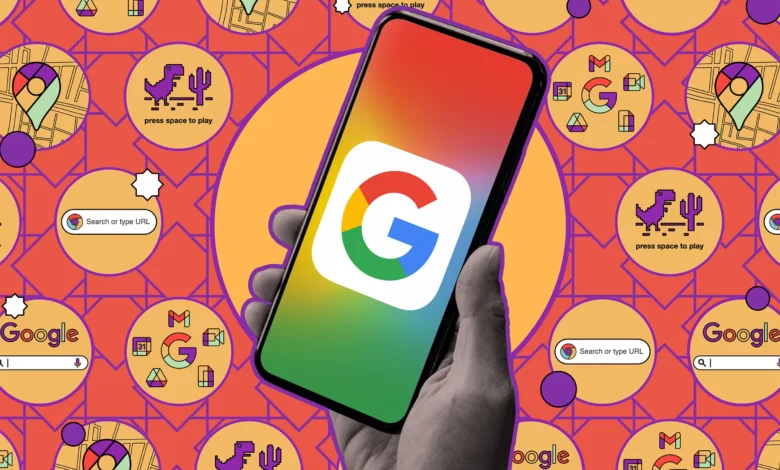The Disadvantages of Third-Party Apps

Third-party apps refer to applications that are developed by individuals or companies other than the device manufacturer or operating system provider. While these apps offer additional functionality beyond what is available through the default apps, they come with certain drawbacks that users should be aware of.
Lack of Official Support
One of the main disadvantages of third-party apps is the absence of official support. Unlike apps developed by established companies or operating system providers, third-party apps may not have dedicated customer support channels. This means that if you encounter any issues or have questions, it may be challenging to receive prompt assistance or guidance.
Security Risks
Third-party apps can pose security risks to your device and personal data. Since these apps are not thoroughly vetted by the official app store or operating system provider, they may contain vulnerabilities or malicious code that can compromise your privacy and security. It’s crucial to be cautious when downloading and installing third-party apps from unknown sources.
Privacy Concerns
When using third-party apps, you may be exposing your personal information to unknown entities. Some apps may collect and share your data without your knowledge or consent. It’s important to review the app’s privacy policy and permissions before installing it to understand what information it collects and how it is used.
Performance Issues
Third-party apps can sometimes impact the overall performance of your device. Poorly optimized or resource-intensive apps may consume excessive memory, CPU power, or battery life, leading to sluggish performance or reduced battery efficiency. It’s essential to monitor the performance of third-party apps and uninstall any that significantly affect your device’s performance.
Compatibility Problems
Certain third-party apps may not be fully compatible with your device’s operating system or hardware specifications. This can lead to crashes, freezes, or other compatibility issues that hinder the app’s functionality. Developers may not always update their apps to ensure compatibility with the latest operating system versions, resulting in limited functionality or a poor user experience.
In-App Advertisements
Many free third-party apps generate revenue through in-app advertisements. While this allows users to access the app without paying, it can be intrusive and disruptive to the user experience. Excessive ads can slow down the app, interrupt your workflow, and even display inappropriate or misleading content.
Hidden Costs
While some third-party apps are free to download and use, they may contain hidden costs or in-app purchases. Certain features or functionalities may only be accessible through paid subscriptions or one-time purchases. It’s important to carefully review the app’s pricing structure and terms before making any financial commitments.
Limited Updates and Bug Fixes
Unlike official apps developed by renowned companies, third-party apps may receive limited updates and bug fixes. Developers of third-party apps may not have the same resources or commitment to continuously improve and maintain their apps. This can result in compatibility issues with new operating system versions or unresolved bugs that impact the app’s performance.
Possible Malware and Viruses
When downloading third-party apps from untrusted sources, there is a risk of downloading malware or viruses onto your device. Malicious apps can compromise your data, steal personal information, or even cause irreversible damage to your device’s operating system. It’s crucial to only download apps from reputable sources and carefully review user reviews and ratings.
Battery Drain
Certain third-party apps may have a significant impact on your device’s battery life. Apps that run background processes, constantly fetch data, or utilize intensive graphics can drain your battery faster than usual. Monitoring battery usage and managing background app refresh settings can help mitigate this issue.
Reduced Device Stability
In some cases, third-party apps can lead to device instability, including crashes or freezes. These issues can disrupt your user experience and potentially cause data loss if the app crashes during important tasks. It’s important to regularly update your apps and uninstall any that consistently cause stability issues.
Conclusion
While third-party apps offer additional functionality and features beyond what is available through default apps, they come with certain disadvantages. These include the lack of official support, security risks, privacy concerns, performance issues, compatibility problems, in-app advertisements, hidden costs, limited updates and bug fixes, possible malware and viruses, battery drain, and reduced device stability. It’s important to weigh these drawbacks against the benefits of using third-party apps and make informed decisions when downloading and installing them.
Frequently Asked Questions
Q1: Are all third-party apps unsafe?
A1: Not all third-party apps are unsafe, but it’s crucial to be cautious when downloading apps from unknown sources. Stick to reputable app stores and review user ratings and reviews before installing any third-party app.
Q2: How can I minimize the risks associated with third-party apps?
A2: Minimize risks by only downloading apps from trusted sources, reviewing app permissions and privacy policies, keeping your device and apps updated, and using security software to scan for potential threats.
Q3: Should I avoid using third-party apps altogether?
A3: It’s not necessary to avoid all third-party apps. Many reputable and well-established third-party apps provide valuable services. However, it’s essential to exercise caution, do your research, and make informed decisions when installing third-party apps.
Q4: Can I remove third-party apps if I no longer need them?
A4: Yes, you can easily remove third-party apps from your device. Simply press and hold the app icon until it starts to jiggle, then tap the “X” button to delete the app.
Q5: Are all official apps completely safe?
A5: While official apps go through a vetting process, no app is entirely immune to security vulnerabilities. However, the risk is generally lower with official apps as they undergo more rigorous testing and are subject to regular security updates.




